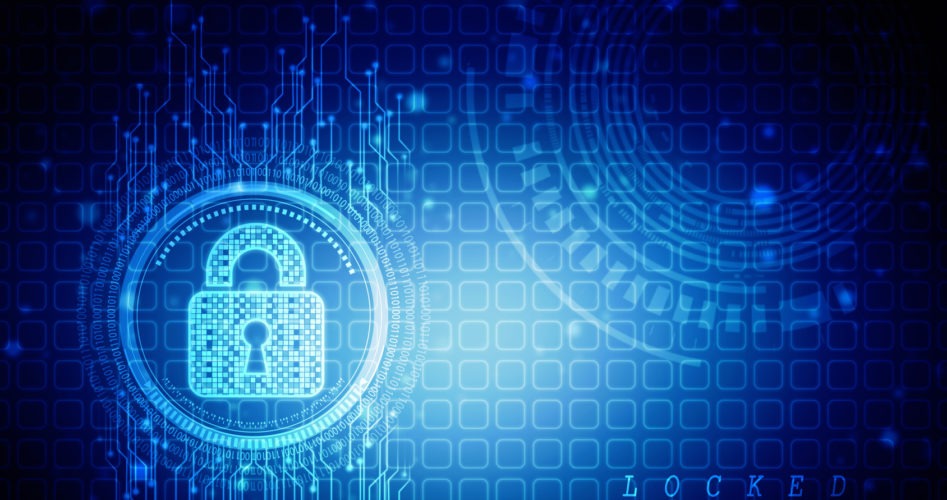Cybersecurity For Blogs: How to Protect Your Blog Against Internet Threats
Cyber attacks are one of the most significant threats to American businesses. In fact, hackers have targeted some of America’s largest and most powerful corporations.
For example, Marriott hotels and Google+ were both hacked in 2018. Hackers collected valuable customer information such as credit cards, passports, and birth dates.
Every online business, including blogs, is vulnerable to a cyber attack. If your blog is not secure, hackers can access your customers’ most sensitive information.
Read on to learn more about cybersecurity for blogs. Explore the actions required to protect your company and customers from a potential online threat.
What Are the Security Basics?
Some of the most basic security measures prevent hackers from gaining access to your blog. The first rule of thumb is to limit login access and give very few people admin privileges.
Many bloggers make the mistake of retaining a generic username, such as “admin.” This is the same as holding up a welcome sign for hackers.
Instead, you should develop a unique username and use a strong password. A strong password requires using capital and lowercase letters, numbers, and special characters.
Finally, establish a new user with full administrative privileges. Once you finished, go ahead and delete the admin account that is automatically set up by the CMS.
How Can You Protect Personal Information?
Sometimes, managing a blog requires that you share contact information. In some instances, you need a phone number for certain apps or services. Another example is the use of a personal e-mail address for a newsletter or marketing campaigns.
You should safeguard personal information by using business-specific accounts. Instead of giving out your phone number, for example, use a Google voice number. Also, list a PO box number instead of a physical mailing address. Hackers are so sophisticated they could this information to try and access your ADT Small Business account.
In addition, do not use your personal e-mail address on a blog newsletter. A better strategy is to use another e-mail address so that you don’t compromise your personal account.
Last, you should exercise caution about the content that is posted. Security experts recommend that you do not post identifying images or names.
How to Keep Your Website’s Domain Private?
When you buy a domain for your website, the hosting service requests a significant amount of personal information. This information goes on a public website called WHOIS.
The good news is that you do not have to submit this information to the public database. Instead, you can buy domain privacy from the web hosting service.
This is the best option for people who are unwilling to share personal information. Perhaps the best advantage is that domain privacy is inexpensive and only costs a few dollars per month.
Recap of CyberSecurity For Blogs
You put yourself out there when you start a blog. Hackers target vulnerable websites so that they can steal personal and financial information.
If major companies like Google are vulnerable to hackers than your website is too. If you enjoyed this article about cybersecurity for blogs, check out our blog for other great pieces.


